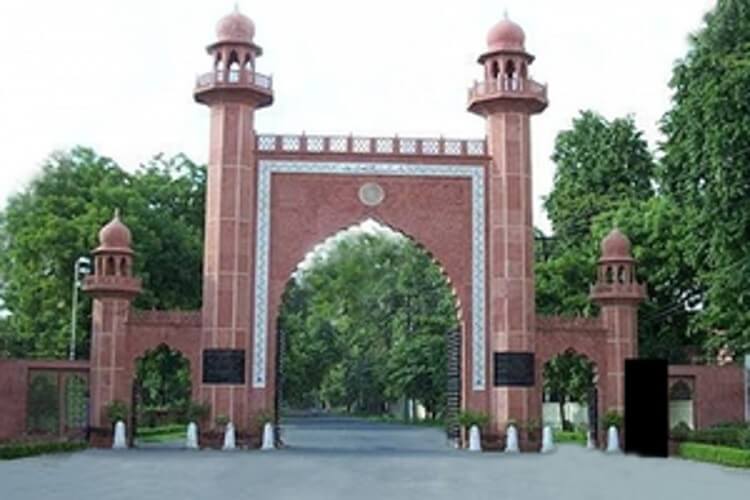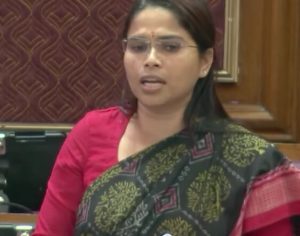Supreme Court overturns 1967 judgment denying AMU minority status; new Bench to decide

Aligarh Muslim University (IANS)
New Delhi | In a 4:3 decision a seven-judge Constitution Bench of the Supreme Court on Friday overruled its 1967 judgment which had laid down that Aligarh Muslim University (AMU), being a Central varsity, cannot claim to be a minority institution.
“The view taken in the 1967 Azeez Basha case that an educational institution is not established by a minority if it derives its legal character through a statute is overruled,” ruled the Chief Justice of India (CJI) DY Chandrachud-led Constitution Bench.
It added that a regular Bench should decide the question of the minority status of AMU and correctness of the 2006 decision passed by the Allahabad High Court, striking down the 1981 amendment conferring minority status on the varsity, in view of the principles laid down in its latest judgment.
SPONSORED CONTENT
The majority opinion, concurred by Justices Sanjiv Khanna, J.B. Pardiwala, Manoj Misra, and SC Sharma, said that the regulation of minority educational institutions is permissible under Article 19(6), however, those regulations should not impinge upon the minority character of the institution.
It said, “Regulations, which may be justified on grounds stipulated under Articles 19(6) and 26, may fall foul to Article 30 if they infringe upon the minority character of the institution. This is a special right/protection which the Constitution guarantees to minority educational institutions.”
The majority opined that Article 30 guarantees minority educational institutions the right not to be discriminated and in fact, Article 30(2) is the facet of the non-discrimination of minorities.
It further said, “An educational institution established by any citizen can be regulated under Article 19(6). An educational institution established by a religious denomination without any element of profit can be regulated on grounds of public order, morality and health. As opposed to these two provisions, Article 30 does not circumscribe the right on any grounds. However, the right guaranteed under Article 30 is not absolute.”
Justices Surya Kant, J.B. Pardiwala, Dipankar Datta and SC Sharma wrote separate and dissenting opinions.
SPONSORED CONTENT
In February this year, the seven-judge Constitution Bench, reserved its decision after finishing hearing of the oral arguments advanced by Attorney General R. Venkataramani and Solicitor General Tushar Mehta, the senior law officers representing the Centre and senior advocates Rajiv Dhawan, Kapil Sibal, and others, appearing for the appellants.
The Constitution Bench was dealing with a reference arising out of the 2006 decision passed by the Allahabad High Court, striking down the 1981 amendment conferring minority status on the institution.
The Parliament, by virtue of the Aligarh Muslim University (Amendment) Act, 1981 conferred minority status on the institution after a five-judge Constitution Bench in the 1967 Azeez Basha case had laid down that AMU, being a Central university, cannot claim to be a minority institution.
IANS
SPONSORED CONTENT





